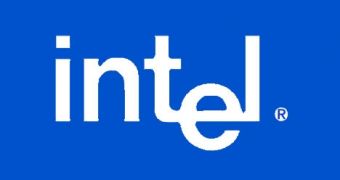Project Offset's founder, Sam McGrath announced yesterday that the company had been acquired by chip manufacturer Intel. The buyout announcement may be a hint that Intel is becoming more and more concerned with promoting its own graphics division.
"Today we have some major news to announce. Intel has acquired Offset Software. Yes, you read it correctly! Project Offset is going strong and we are excited about things to come. Stay tuned," wrote McGrath on the company's website.
Despite the fact that the announcement lacks all the necessary details that are usually published when a company gets bought, its message is plain and clear. Intel won't be interested in funneling money into a small and totally obscure game developer that is currently working on a 3D gaming engine. Intel's decision is hiding more that a sudden passion for gaming, and it seems that the buyout will be laying the ground for the company's upcoming multi-core graphics platform, called the Larrabee.
It's true that the details about Intel's upcoming Larrabee platform are scarce and based on suppositions, yet Intel's intentions are clear to some extent. The processor giant knows that the graphics architecture could get a huge popularity boost from the software sector. The other ace in Intel's sleeve is Havok, the famous 3D graphics engine creator that powered games such as "The Punisher" or "Company of Heroes".
Moreover, Intel continued its talent purchasing spree with the acquisition of Neoptica in November last year. The company has been more or less on vacation lately, and it attempted to enroll as much 3D software experts as possible.
The picture seems to get completed with the acquisition of a complete software development house to supply the chip manufacturer with graphics API and optimized code libraries to perfectly fit Larrabee's design. After all, when the platform finally gets unveiled, its presentation will be a key factor in the future sales. A bunch of chips soldered on a PCB won't impress anybody, but sparky graphics and dazzling 3D effects will blow the users' minds away.

 14 DAY TRIAL //
14 DAY TRIAL //